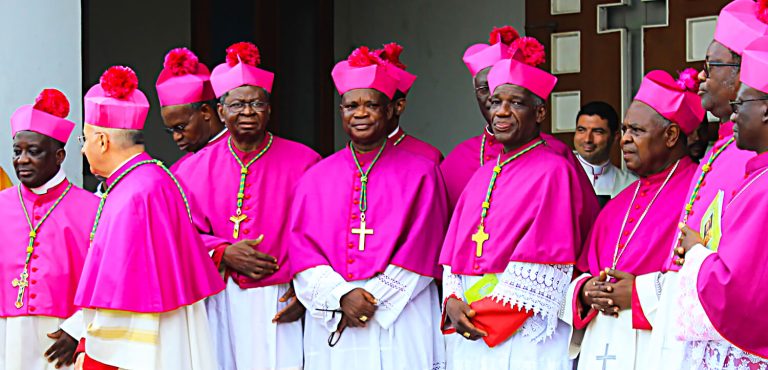The Ghana Catholic Bishops’ Conference has emphasized how important it is that homosexuals’ rights be upheld in the nation.
The Bishops claim that while they support the anti-gay bill that Parliament has proposed, harassment of homosexuals should not be included in it.
The Ghana Catholic Bishops’ Conference declared in a letter to the Committee on Constitutional, Legal, and Parliamentary Affairs of Parliament that, in principle, the church is in favor of the Promotion of Proper Human Sexual Rights and Ghanaian Family Values Bill. The letter was signed by the Most Rev. Philip Naameh, the Conference President, and the Metropolitan Archbishop of Tamale.
Portions of the letter said, “We, the Catholic Bishops of Ghana, write in support of the draft Bill presented to Parliament to make homosexual practices illegal in Ghana. Our voice needs to be heard on this matter not only because, in our view, it is morally unacceptable but also because according to the 2010 population census, the Catholic Church in Ghana constitutes a sizable percentage of the population, i.e., about 13.1 percent of the population of Ghana.”
The church gave several arguments for why it should be made “this abominable practice illegal in our country.”
The Bishops used scripture to support their positions regarding God’s view of homosexuality and what it says about the practice.
The main point of contention raised by those opposed to the bill is that, should it pass into law, homosexual people might potentially be physically harmed.
Despite supporting the bill’s passage, the Ghana Catholic Bishops’ Conference expressed the same fear in a letter.
However, the Church believes that it is wrong to harass homosexuals in any way just because they identify as such. Every individual’s inherent dignity must always be upheld in words, deeds, and the law.
The controversial bill has come back into discussion after Virginia Palmer, the US ambassador to Ghana, issued a warning that if the bill outlawing lesbian, gay, bisexual, transgender, and queer (LGBTQ+) activities becomes law, Ghana would face dire economic consequences.
A survey by the Centre for Democratic Development (CDD-Ghana) indicates that most Ghanaians are in favor of the bill.

